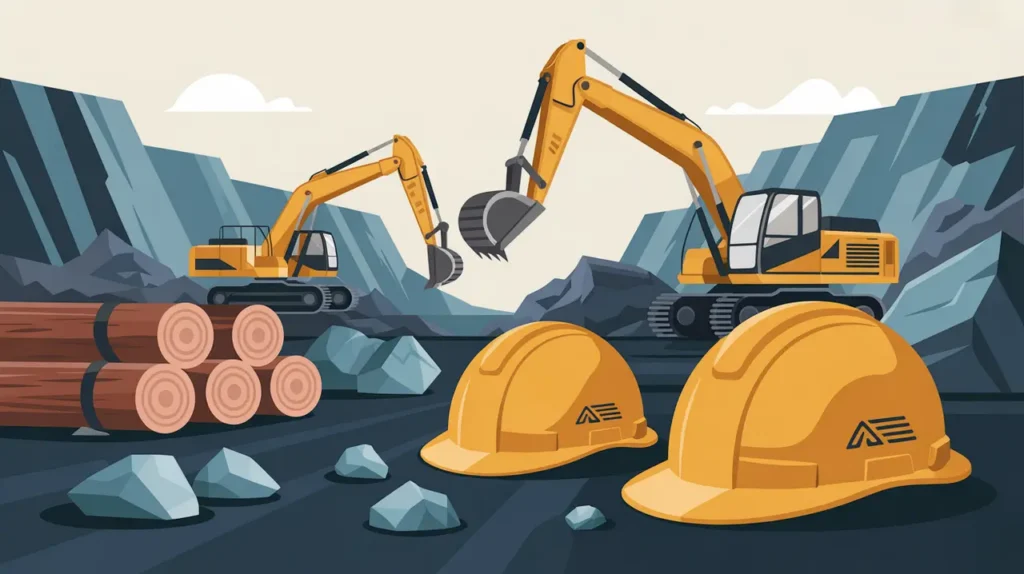Importance of Recycling
Recycling is essential for reducing waste, conserving resources, and protecting the environment. In international development, it contributes to sustainable urban management, lowers greenhouse gas emissions, and supports circular economies that reduce dependence on raw material extraction. For nonprofits and social innovators, recycling matters because it creates green jobs, promotes responsible consumption, and offers low-cost solutions to pressing environmental challenges. Its importance lies in linking environmental sustainability with economic opportunity and social inclusion.
Definition and Features
Recycling refers to the process of collecting, processing, and reusing materials that would otherwise be discarded as waste. Its defining features include:
- Resource Conservation: reducing demand for new raw materials.
- Waste Reduction: minimizing landfill use and pollution.
- Economic Value: creating supply chains for recovered materials.
- Environmental Benefits: lowering emissions and protecting ecosystems.
How this Works in Practice
In practice, recycling involves both formal systems, such as municipal collection and processing plants, and informal sectors, where waste pickers recover and sell materials. For example, plastic bottles may be collected, shredded, and repurposed into new packaging or construction materials. NGOs often support recycling by organizing community collection programs, promoting awareness, or linking informal workers with formal markets. Challenges include low recycling rates in many regions, lack of infrastructure, and contamination of recyclable materials.
Implications for Social Innovation
Recycling has significant implications for social innovation because it demonstrates how waste can be transformed into resources. Innovations such as waste-to-energy systems, biodegradable packaging, and community recycling enterprises improve sustainability and equity. For proximate actors, recycling provides livelihoods while reducing environmental risks. Recycling is essential for building circular economies and advancing sustainable development.







